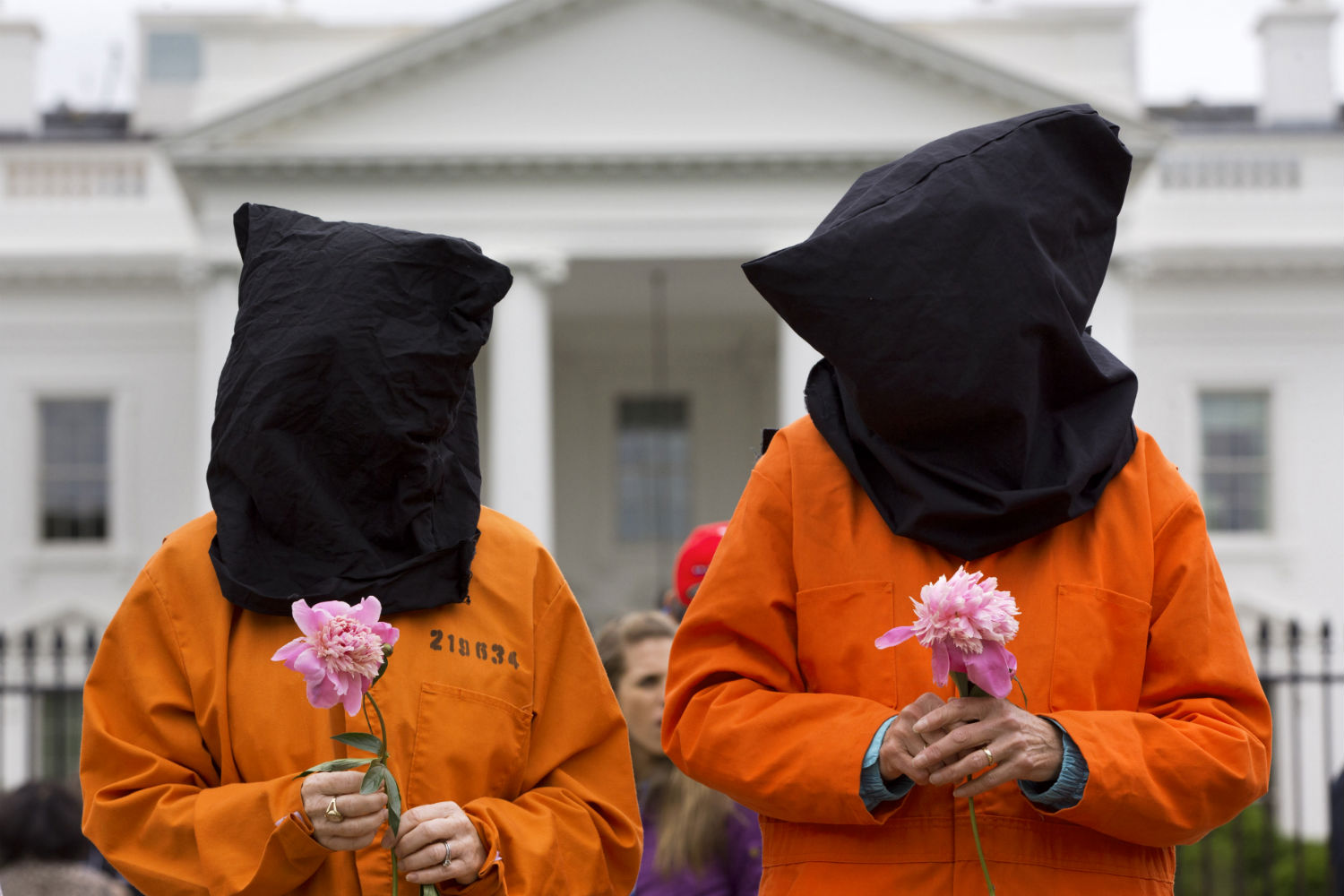
Latin America’s Lesson for the US: Prosecute the Torturers Latin America’s Lesson for the US: Prosecute the Torturers
The region’s transition out of dictatorship hinged on two words the United States would be wise to heed: “Never again.”
Dec 12, 2014 / Foreign Policy In Focus / Jo-Marie Burt and Foreign Policy In Focus
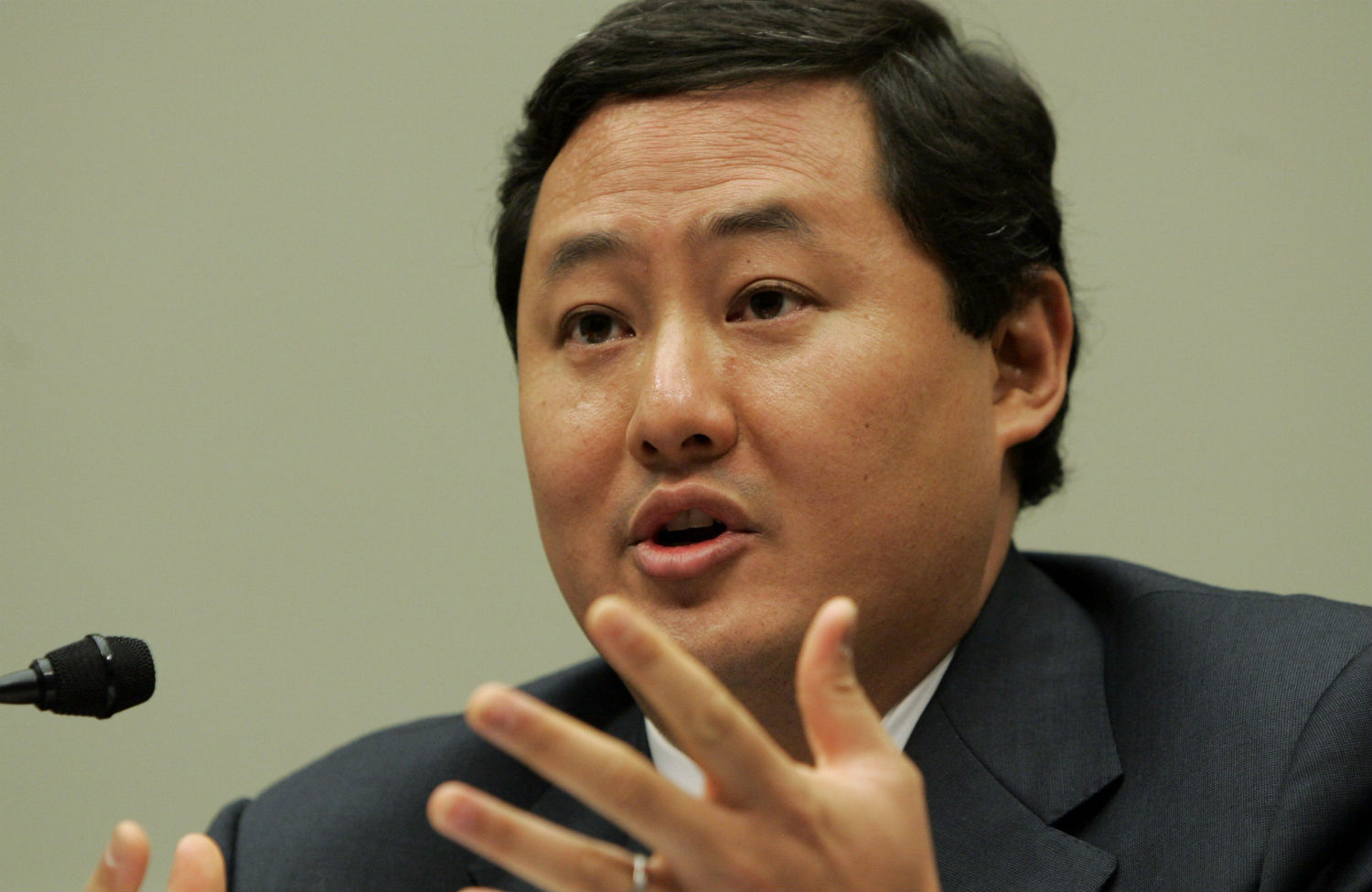
Prosecute John Yoo, Says Law School Dean Erwin Chemerinsky Prosecute John Yoo, Says Law School Dean Erwin Chemerinsky
Yoo’s “torture memo“ was part of a Bush administration conspiracy to violate the federal torture act.
Dec 12, 2014 / Blog / Jon Wiener
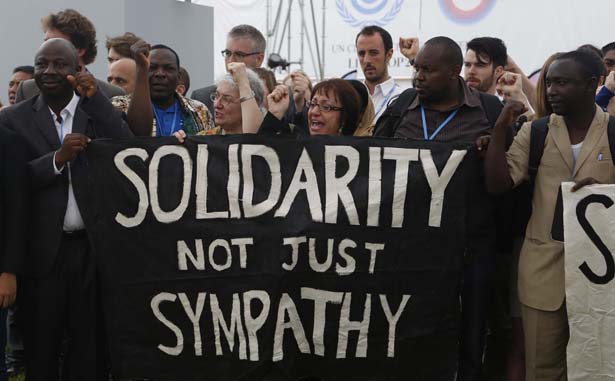
Why #BlackLivesMatter Should Transform the Climate Debate Why #BlackLivesMatter Should Transform the Climate Debate
What would governments do if black and brown lives counted as much as white lives?
Dec 12, 2014 / Naomi Klein
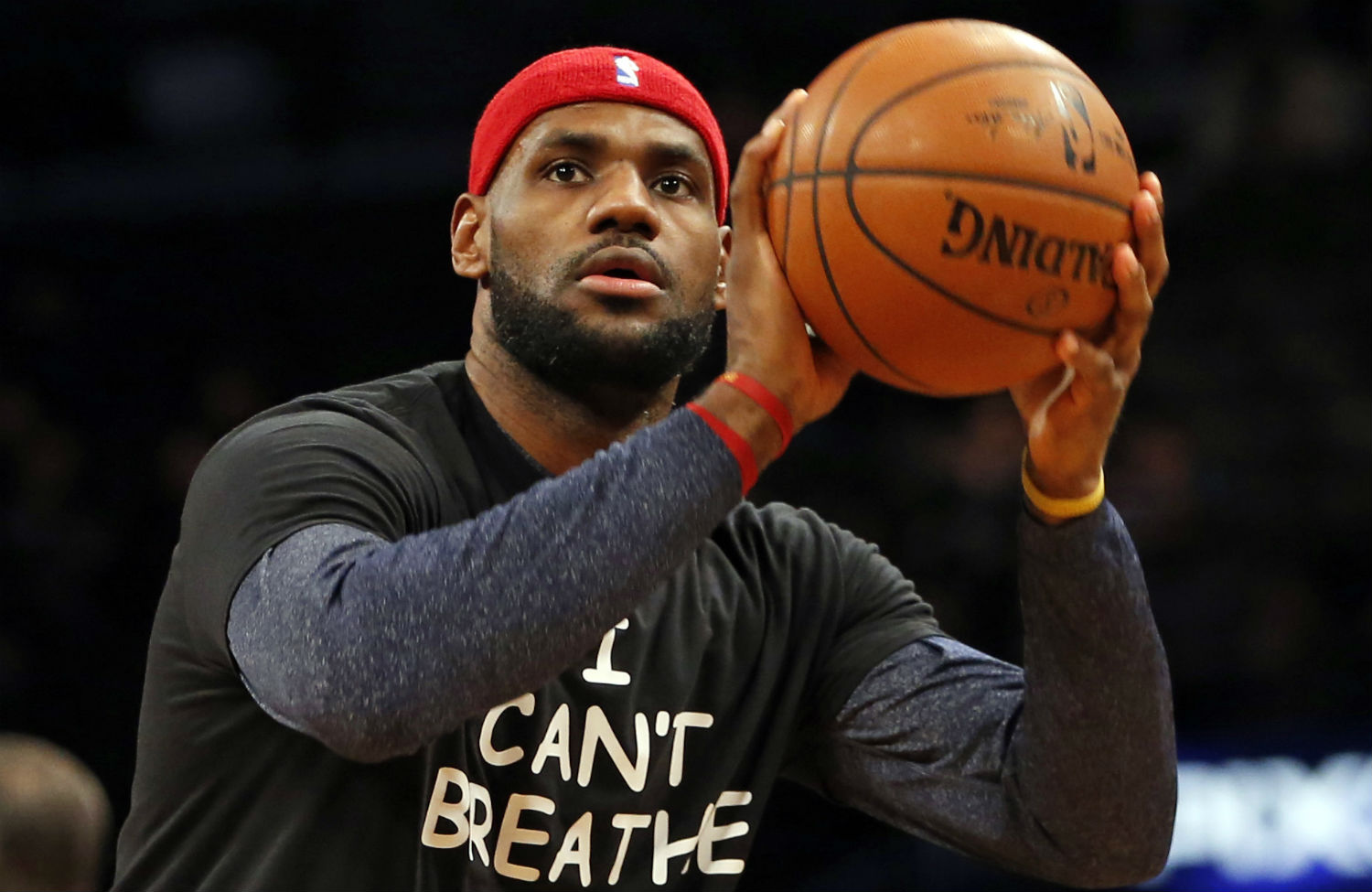
The Power of Political Athletes to Puncture Privilege The Power of Political Athletes to Puncture Privilege
By breaching the walls of the sports world, we can puncture the ultimate privilege in our society: that of blissful ignorance.
Dec 12, 2014 / Blog / Dave Zirin
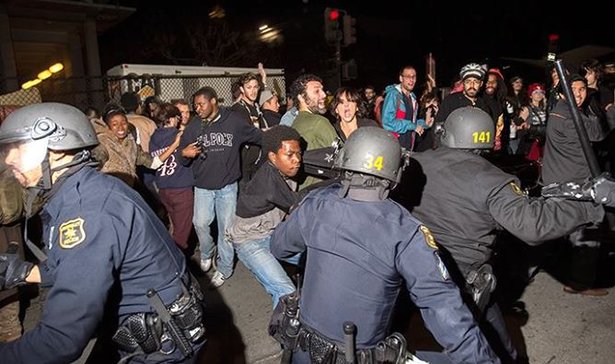
‘Are You Listening?’ Ten Highlights From a Generational Moment ‘Are You Listening?’ Ten Highlights From a Generational Moment
From Ferguson to Staten Island, a youth uprising.
Dec 11, 2014 / StudentNation / StudentNation
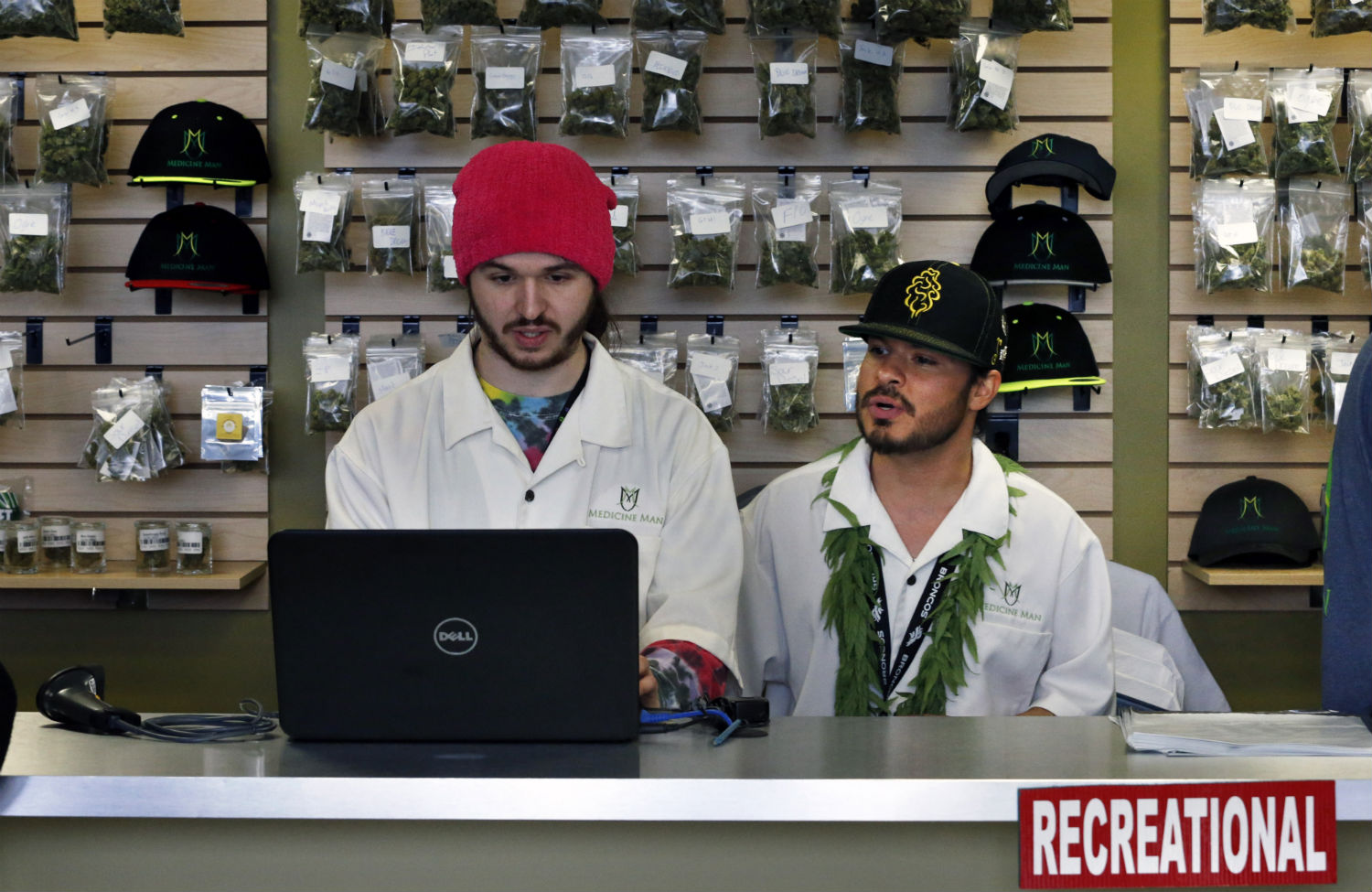
DC Voted to Legalize Marijuana. Congress Should Not Overrule It. DC Voted to Legalize Marijuana. Congress Should Not Overrule It.
Congress’s spending bill overrides Washington’s vote to legalize marijuana and thwarts the will of the people.
Dec 11, 2014 / Blog / John Nichols
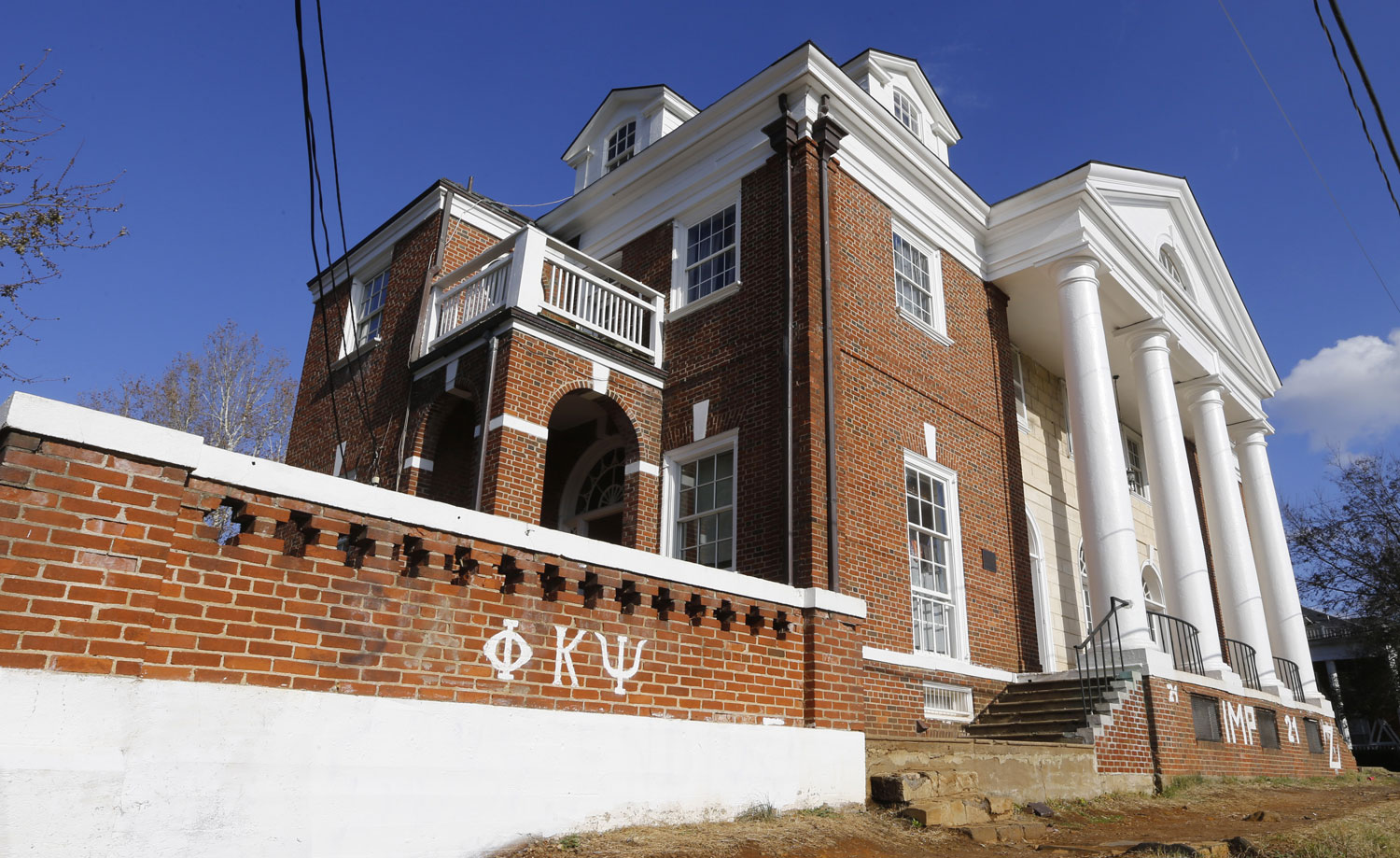
Why It’s So Hard to Write About Rape Why It’s So Hard to Write About Rape
Is it possible to be sensitive to victims while still being a discerning journalist?
Dec 11, 2014 / Salamishah Tillet
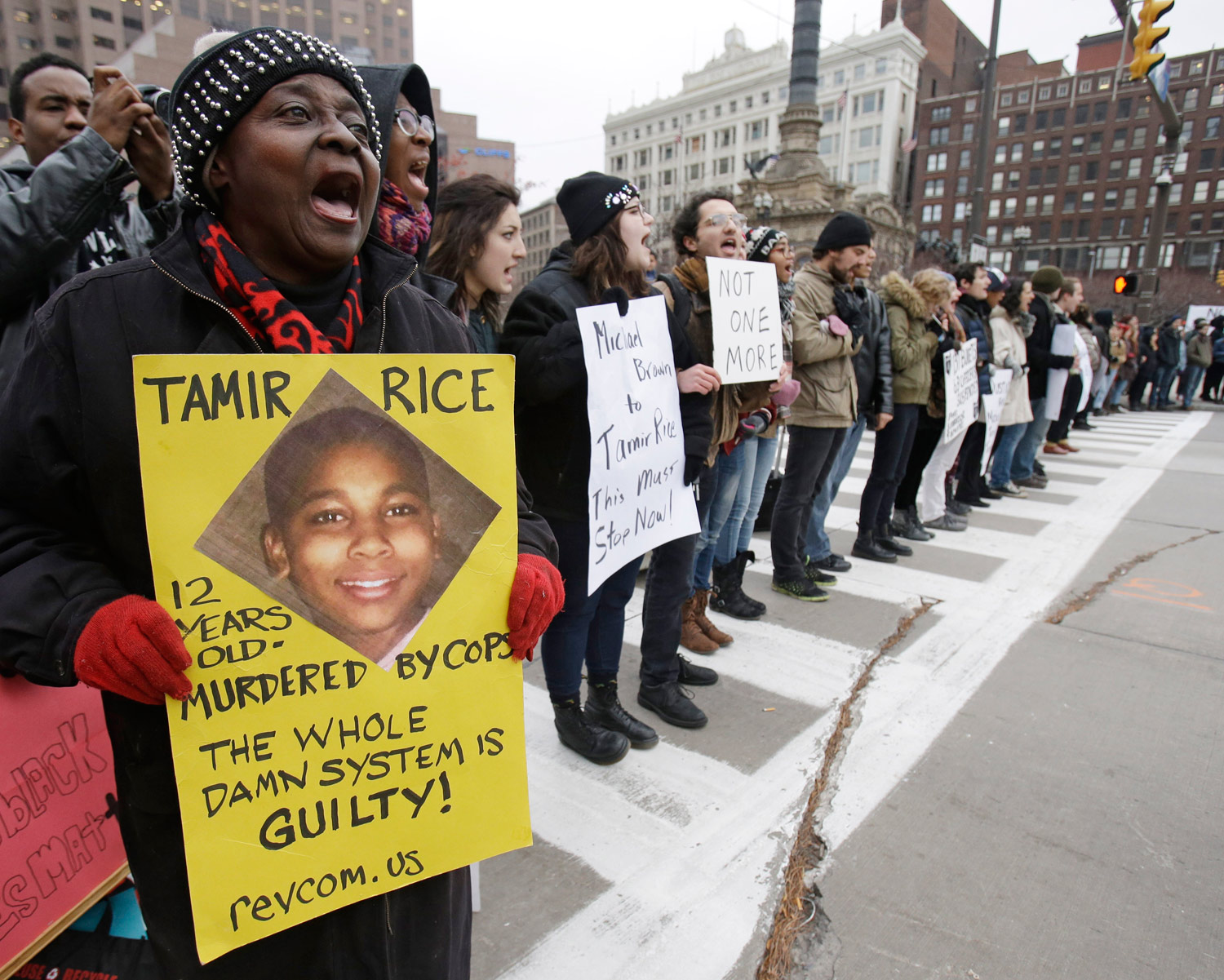
Is Racial Justice Possible in America? Is Racial Justice Possible in America?
We need law and policing reform, but first we have to want to end state-sanctioned violence against African-Americans.
Dec 10, 2014 / Feature / David Dante Troutt
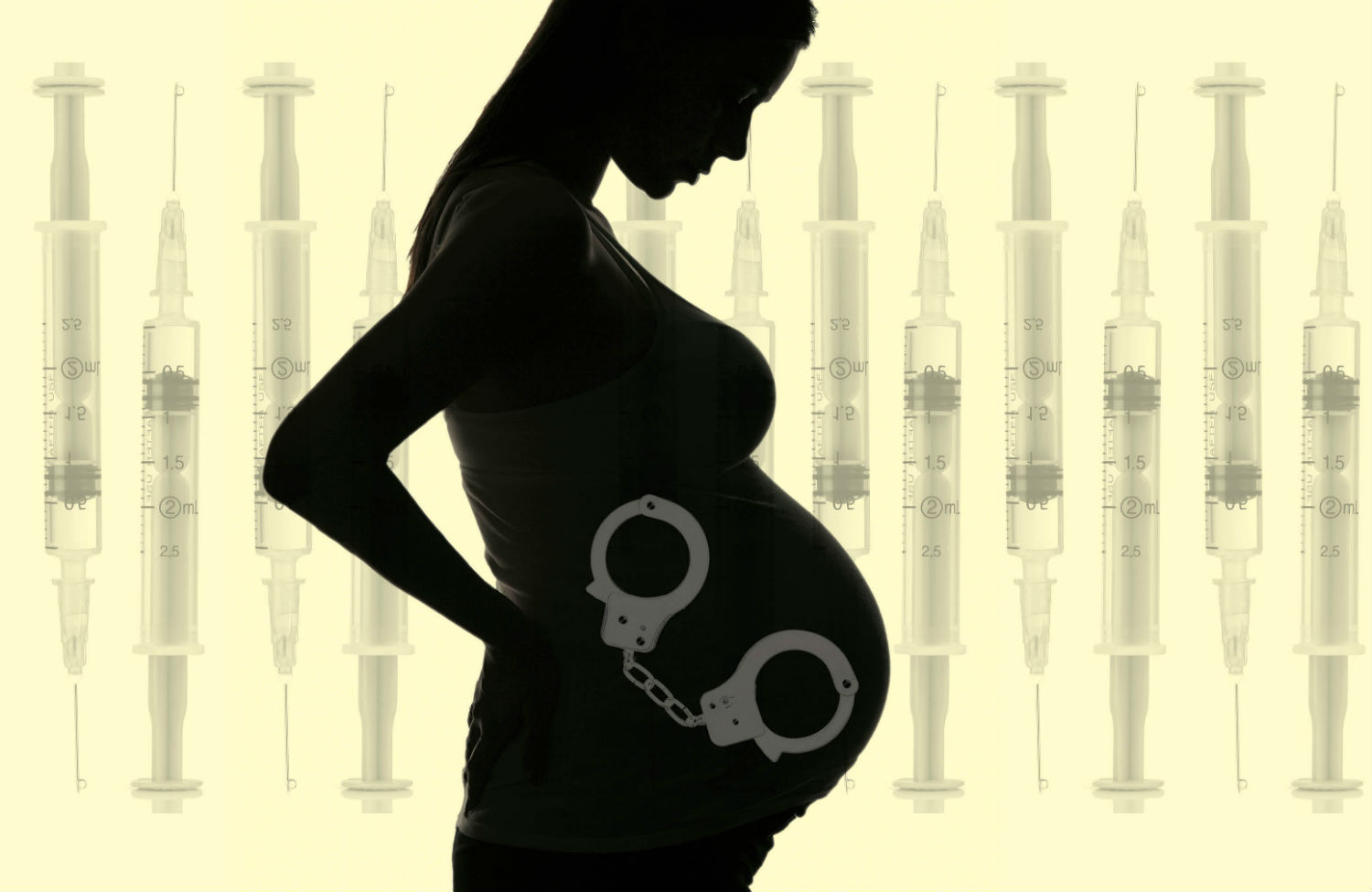
The State Where Giving Birth Can Be Criminal The State Where Giving Birth Can Be Criminal
Tennessee is arresting new mothers for having used drugs in pregnancy—but in a cruel Catch-22, many can’t get the treatment they need.
Dec 10, 2014 / Feature / Rosa Goldensohn and Rachael Levy
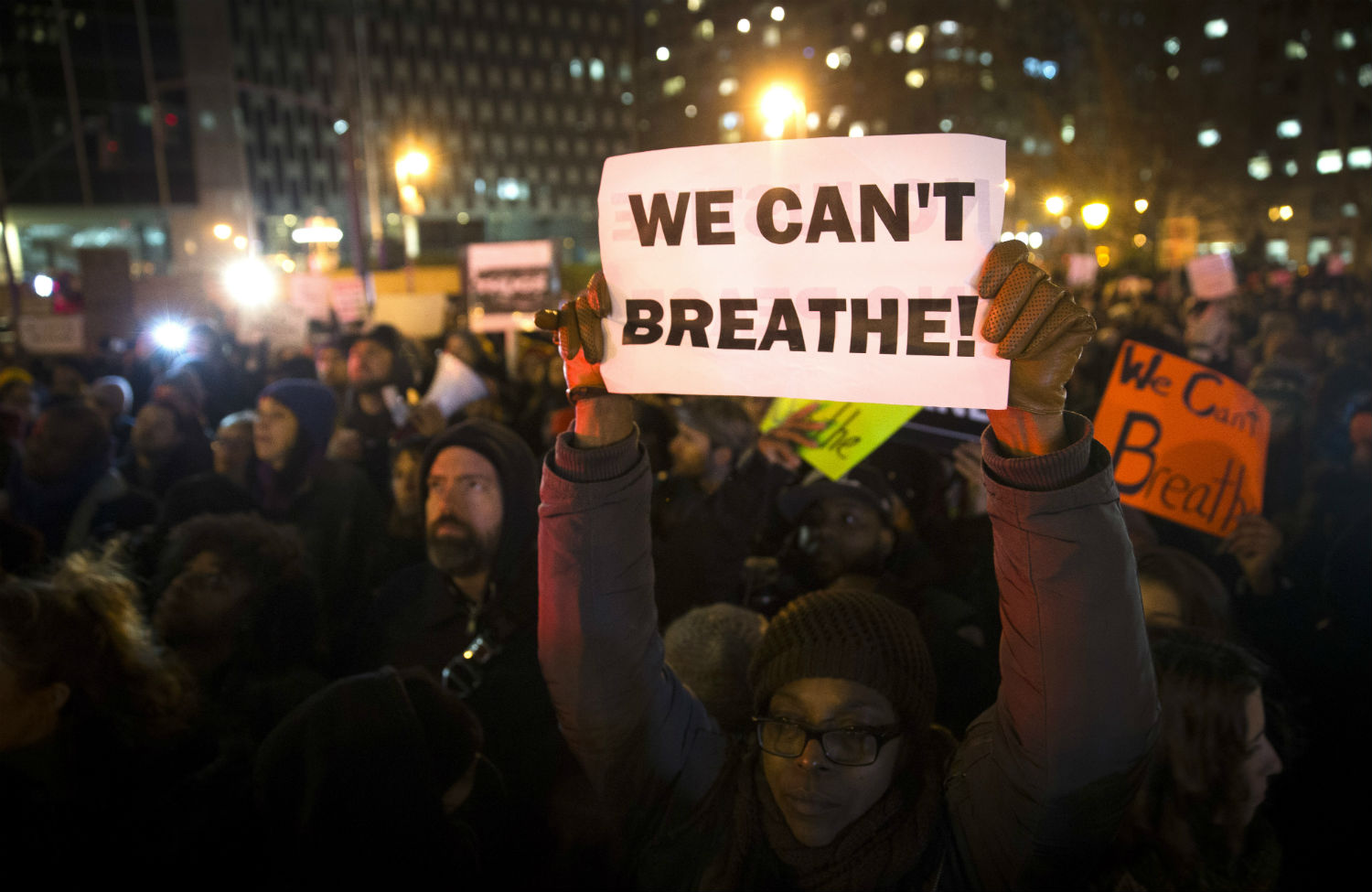
It’s 1963 Again It’s 1963 Again
Last August, some observers drew comparisons between the fatal shooting of Michael Brown by Officer Darren Wilson in Ferguson, Missouri, and the 1955 murder of Emmett Till. The announcement on December 3 that a Staten Island grand jury had chosen not to indict the policeman who choked Eric Garner to death might indicate that we are closer to 1963—when a series of devastating setbacks and the subsequent widespread outrage transformed the civil rights struggle. There was a perfect storm this past month: the continuing fallout from a grand jury’s decision not to indict Wilson in Ferguson; the identical outcome in the Garner case; a Cleveland newspaper’s efforts to discredit and sling mud at the parents of Tamir Rice, a 12-year-old boy also killed by police. This moment has the potential to catapult change, just as a series of events did eight years after Till’s death. The 1963 murder of four black girls at Birmingham’s 16th Street Baptist Church hit Americans square in the chest, reminding them of the Jim Crow system of justice in which black people had no rights that whites were bound to respect. The little girls were killed in September of that year in a place already dubbed “Bombingham” for the level of violent racist backlash against the city’s small progressive steps. Martin Luther King Jr. had been jailed there in the spring. Medgar Evers had been assassinated that summer in Mississippi. We find ourselves at a similar moment fifty years later—with “Again?” on our lips and a familiar feeling of horror at the video of Officer Daniel Pantaleo choking Garner to death, the unsparing force he uses against a man gasping over and over again, “I can’t breathe.” With the killings of Brown, Garner, Rice, unarmed New Yorker Akai Gurley and others, we are all reminded that black life is still devalued, and that police officers are too often treated as if they were above the rule of law. It is all coming so quickly: these announcements that a trial isn’t even necessary to determine a police officer’s guilt or innocence; these exonerations through other means. As a result, people are taking to the streets in Ferguson, New York City, Los Angeles, Atlanta, Boston, Cleveland and beyond. Please support our journalism. Get a digital subscription for just $9.50! To turn that outrage into progress, we should start to think big. A. Philip Randolph, Bayard Rustin, Ella Baker and other brilliant strategists of yesteryear knew that a successful struggle requires goals, not just reaction. Right now, activists from organizations like Millennial Activists United, the Ohio Students Association, Dream Defenders and Make the Road New York are demanding that the federal government prosecute police officers who kill or abuse people; that independent prosecutors be appointed at the local level and charged with prosecuting officers; and that the Justice Department deny funding to police departments that use excessive force or racial profiling. Several activists met with President Obama on December 1 to push these goals. This is beginning to look like playing offense. It’s worth noting that the public outcry in response to the rapid-fire events of 1963 is credited with making passage of the 1964 Civil Rights Act inevitable. The March on Washington for Jobs and Freedom had taken place not even a month before the Birmingham church bombing, showing the world that a critical mass of people were mobilized in the service of fundamental change. If the history of this country’s most revered period of revolutionary change is any guide—and if a policy program is developed to channel all this growing energy—then we’re just getting started.Dani McClain Read Next: Gary Younge on “black-on-black” crime
Dec 10, 2014 / Editorial / Dani McClain
